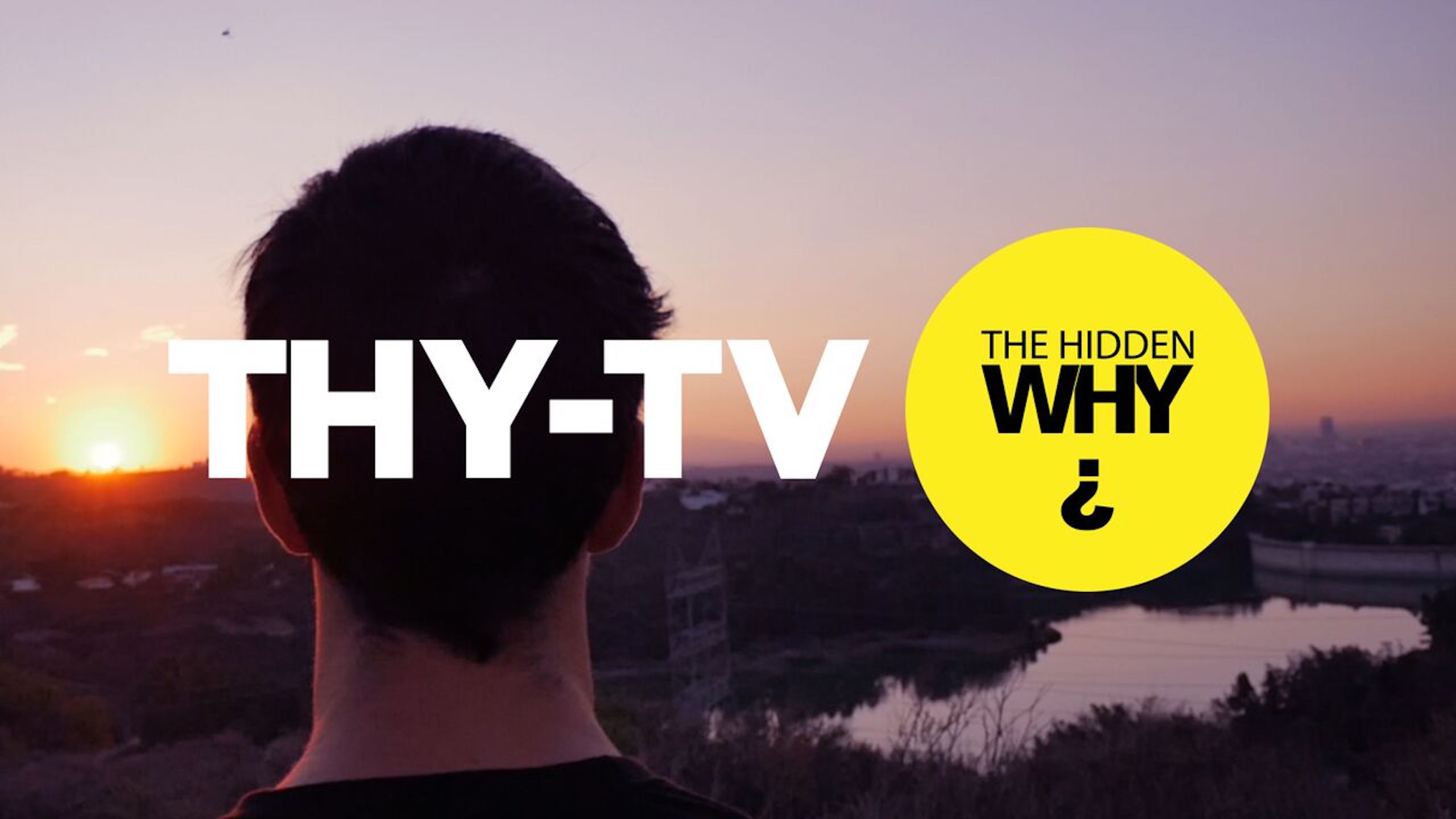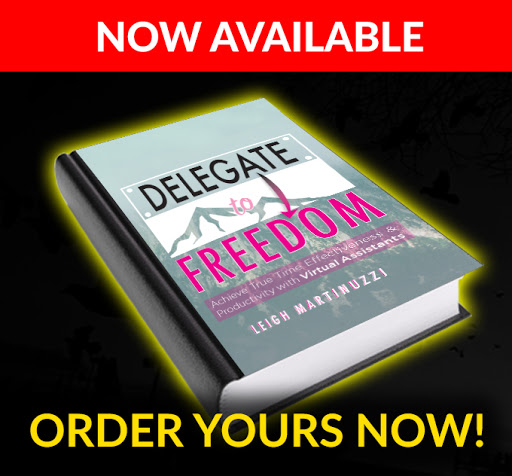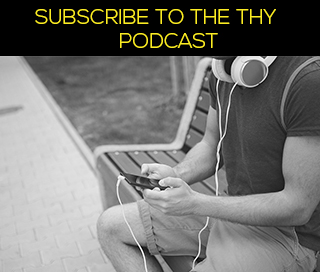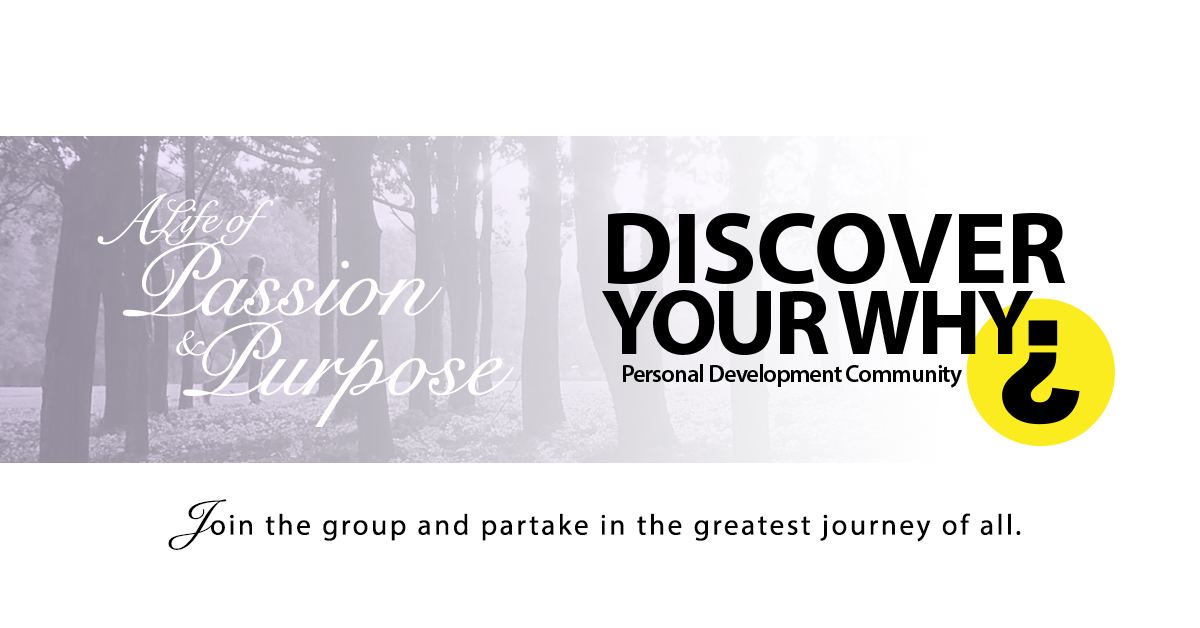
Leonardo da Vinci
by Walter Isaacson
Written by Leigh Martinuzzi
“While I thought that I was learning how to live, I have been learning how to die.” Leonardo da Vinci
Walter Isaacson is a Professor of History at Tulane University, Editor of Time magazine and CEO of the Aspen Institute. He is a highly acclaimed American author and journalist. Having written successful biographies of Steve Jobs, Benjamin Franklin, Albert Einstein and Henry Kissinger, Isaacson latest edition to this array of fantastic work is that of the life and career of Leonardo da Vinci.
It is such a fantastic read with a great deal of research and effort put into it on the author’s behalf. Isaacson has left no stones unturned as he successfully assembles a detailed recount of Leonardo’s history. Scrolling through thousands of pages of Leonardo’s notebooks and revisiting timeless works of art, inventions and other discoveries of Leonardo’s, Isaacson takes the reader on a journey through the life and mind of Leonardo da Vinci.
I have read the biography of Steve Jobs and most of that of Benjamin Franklin and am familiar with the level of detail and the manner in which Isaacson sculptures their stories. The method in which he does so keeps the reader engaged, entertained and curious to learn more. Not only do you get to dig into the artefacts of their past, but you begin to understand the character and personality of the individuals Isaacson studies. And I don’t assume that is an easy task to accomplish. Isaacson does!
Leonardo da Vinci was an Italian Renaissance Polymath. Born in 1452 with a life that spanned almost 70 years. As a polymath, he had knowledge and interests in a wide array of subjects including all arts, science, math, invention, geology, astrology, literature, anatomy, and many others. Perhaps most known for his paintings notably The Last Supper and The Mona Lisa. Isaacson does a grand job of weaving these fields of interest together in this biography.
What stood out to me the most was Leonardo’s constant curiosity, his ability to question everything, his creative approach to work and life, and his desire to continually learn. I believe this is the benefit of reading such brilliantly assembled works about the life of those that achieved a grand level of success or accomplishment. It gives us insight into what made them stand out and what made them different.
Curiosity and questioning. It seems to be something familiar to many of other successful people I have learned from or read about. They are reluctant to just accept things as they are. With curiosity, they explore their need to know why. In an example, Leonardo would often study something knew each day to gain greater insight into why it existed or how it worked.
Have you ever wondered why chickens primarily lay eggs in the morning or how birds fly? Outside his everyday work, he would study such things. Often for days he would sit and observe something to gain a deeper understanding and then if curiosity weren’t satiated he’d run his own experiments to further investigate and understand.
His curiosity and an ability to assess life inspired his desire to continually learn. He needed to know why things were the way they were. He did this by adopting a multi-pronged approach. Observation, questioning, sketching and creative arts, reading and researching, and in practice and experimentation. I believe the link between his undeniable creative genius and his curiosity certainly raised his ability to learn in such a significant way.
He would often study one discipline to be better enable him to understand another. For example, he would learn about the human anatomy in efforts to sculpt and paint with more precise detail. I think the blending of such arts brings new ideas and thoughts to the forefront. Allowing Leonardo to think outside the box. Something I now works well for us all.
Like Leonardo, that can be achieved by blending various fields of work to create new ideas never thought about or it could be just having an artistic outlet to bring your creative brain to your everyday work. It brings a unique perspective to what may otherwise be very generic.
Leonardo was considered a misfit in his error. A person that certainly didn’t play by the book or fit the mould of the status quo. He was an awkward, gay, and vegetarian, among other things, that had no problem being who he was. It may be this level of comfort with oneself that allowed him to learn and explore life with fantastic creativity, imagination, curiosity and abstract thought.
If you are after some remarkable insight and a few ideas on how to master your own life, then this book is a fantastic place to start.
If this book sounds of interest you can purchase Leonardo da Vinci
here.
Please leave your thoughts, comments & questions below.
Peace, passion and purpose…
Other books that you may enjoy.
. .
Further Reading and Resources
TED Talks: Ideas worth spreading
Elite Daily: The Voice of Generation Y
Four Hour Work Week: How to escape the 9-5, live anywhere and join the new rich.
The Minimalists: How to pursue a minimalist lifestyle and be happier.
Mind Hacks: Tips and Tricks for Using Your Brain
Rich Roll: Plantpowered Wellness Advocate
The Art of Charm: Build confidence, feel comfortable and networking differently.
The Art of Manliness: Encouraging men to be better husbands, fathers, brothers, citizens.
Tiny Buddha: Simple wisdom for complex lives.
Mind Body Green: Lifestyle media brand dedicated to inspiring you to live your best life.
Zen Habits: Find simplicity and mindfulness in life.
Creative NonFiction: “true stories well told.”
Barking Up the Wrong Tree: science-based answers and expert insight on how to be awesome at life.
The Positivity Blog: Practical articles on happiness, self-esteem, productivity and social skills.
FIND YOUR HIDDEN WHY with THE HIDDEN WHY (THW)
BUILD YOUR LIFE AROUND YOUR PASSION AND LIVE WITH PURPOSE
Sign up for free below and receive cool stuff from me each week + Plus a free copy of “The Four Pillars of Success”
In my weekly emails you will receive ideas, thoughts, learning’s and inspiration on:
- How to design a life that you want and live by your terms
- How to live a life with passion & purpose
- Methods, strategies, & techniques on life hacks
- Messages on how to better live your life
- We will also keep you up to date with fantastic interviews from THW podcast













Leave a Reply